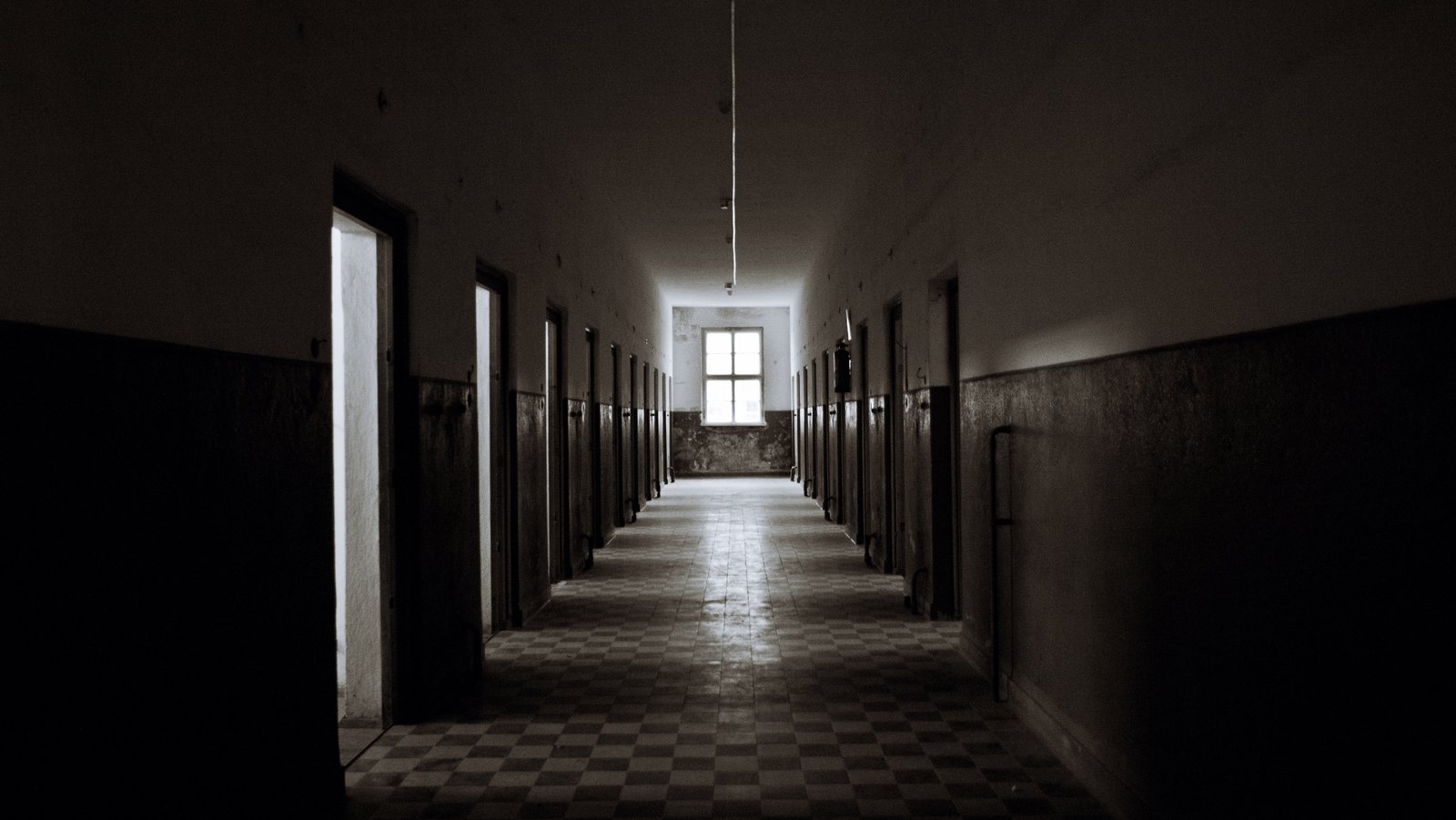World
Garda vetting not well managed at some IP centres – HIQA

Garda vetting of staff in International Protection Accommodation Services (IPAS) was not well managed across a number of centres inspected by the independent watchdog, the Health Information and Quality Authority (HIQA), earlier this year.
HIQA has published six inspection reports on IPAS centres, otherwise known as direct provision.
While all staff working in the centres should be garda vetted, some had commenced their work without the required garda vetting disclosures and references.
Compliance plans were sought by HIQA to address concerns, and satisfactory responses by several providers were returned in most cases.
One of the reports published this morning highlighted the haphazard nature of the IPAS system, with one provider running an accommodation centre as well as emergency accommodation within the same building.
Under regulations, HIQA can only inspect permanent IPAS centres and does not have responsibility for monitoring or inspecting emergency accommodation.
The IPAS centre in Co Wicklow was operating an accommodation centre and separate emergency accommodation through a different contract from the same premises.
Despite both services being provided within the same governance arrangements, staff team, shared recreational, dining and laundry facilities, inspectors could only assess the permanent accommodation.
As a result, HIQA’s inspection of the facility, used by 279 people, related to 104 of those residents.
The proximity of the two centres also resulted in risks.
There were no active child protection or welfare concerns recorded in centre records at the time of inspection, and those on record were reported appropriately. However, one recorded incident concerned HIQA.
Families with children were facilitated to live together in permanent accommodation, but the report said an unsupervised child managed to access a dormitory where emergency accommodation was provided.
“There was no evidence that this had, with the exception of talking with the child’s parent to ensure they were supervised at all times, informed any practical response by the provider in relation to the entrance to the accommodation centre,” the report said.
The provider was issued an urgent compliance plan to assess risks in the centre, including any potential risks in this regard.
HIQA suggested that a central log of all reported concerns would be of benefit in terms of a quick view of all incidents, learning, trending and oversight of practice.
There was also a lack of local policy in the centres around adult safeguarding, which limited the ability of staff members to identify and respond to adults at potential risk.
Records of incidents showed that multiple risks existed in the centre – primarily related to the behaviours of people living there – but those records did not distinguish between residents of the accommodation centre and those accessing emergency accommodation.
Incidents recorded included alcohol and substance misuse and assaultive and aggressive behaviour directed at others living on the premises and at staff members.
A total of 91 incidents had been reported since January 2024, and multiple incidences related to the same individuals.
The provider said it would carry out a risk analysis of the service and develop a risk register.
No policy on child supervision
At another centre in Co Clare, an urgent compliance plan was issued to the service provider in relation to garda vetting of staff and the safeguarding of children when their parents were not in the centre.
Some staff members began their position without the required garda vetting disclosures, and references were not obtained.
The service provider was aware of the deficits relating to garda vetting and the required application forms had been submitted prior to the inspection.
There was no policy regarding supervision or child minding arrangements.
While parents had to complete a form to indicate who was nominated to mind their child in their absence, the inspectors found that the management team did not review these forms.
As a result, the service provider was unaware of a child safeguarding concern which was ongoing for a number weeks prior to the inspection.
There were no formal arrangements to monitor children while their parents were absent from the centre.
In addition, there was no system to develop a safeguarding plan to ensure children were safe, protected and cared for while their parent was not in the country according to the HIQA report.
The inspectors issued an urgent compliance plan to the service provider regarding these deficits and a satisfactory response was returned.
While there are varying levels of non-compliance with standards in four of the six inspection reports, two of the services – Eglinton Centre in Co Galway and Birchwood House in Co Waterford – were found to be compliant under all regulations.










